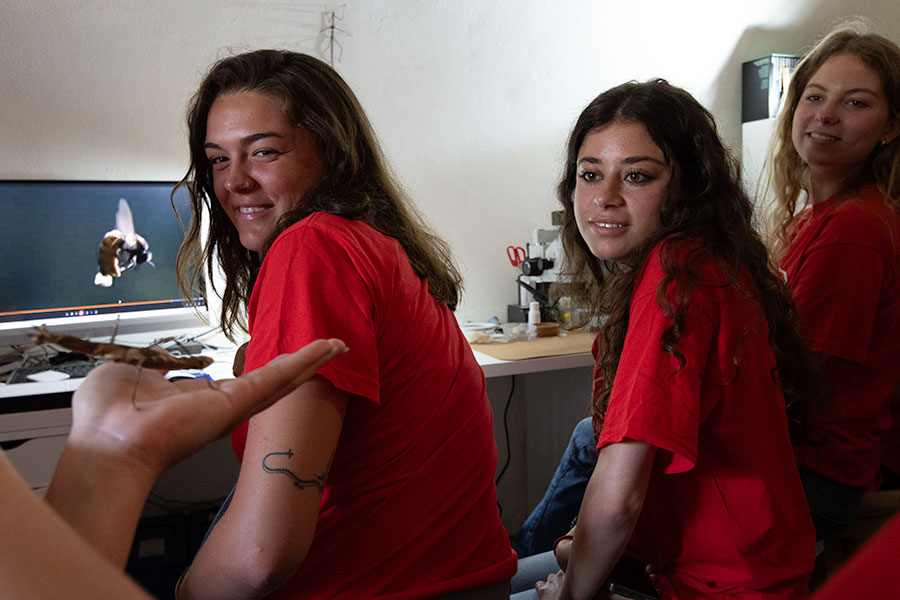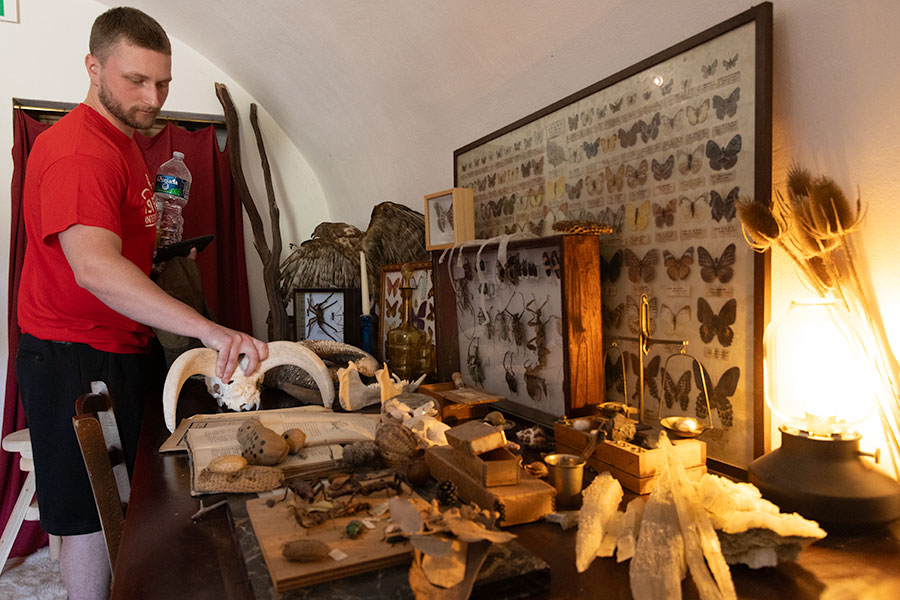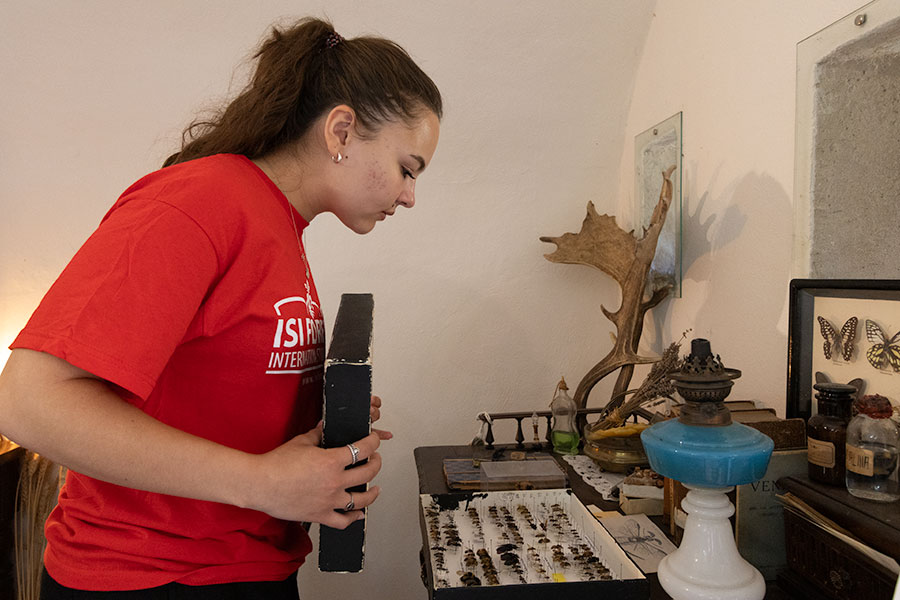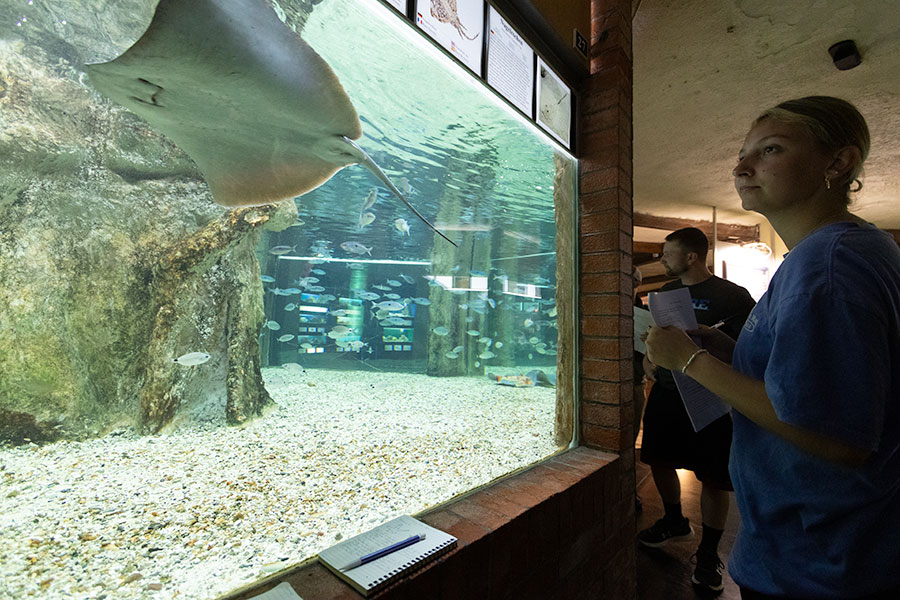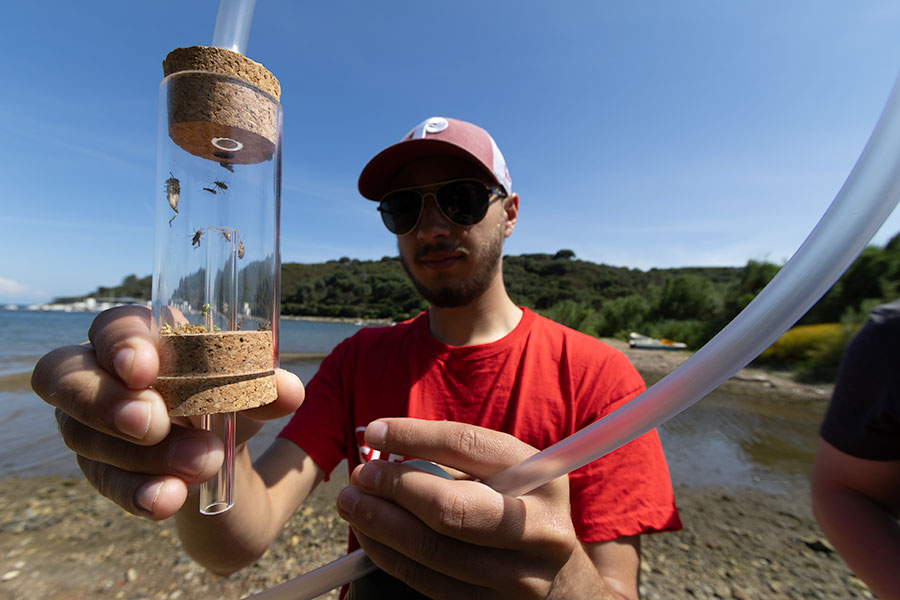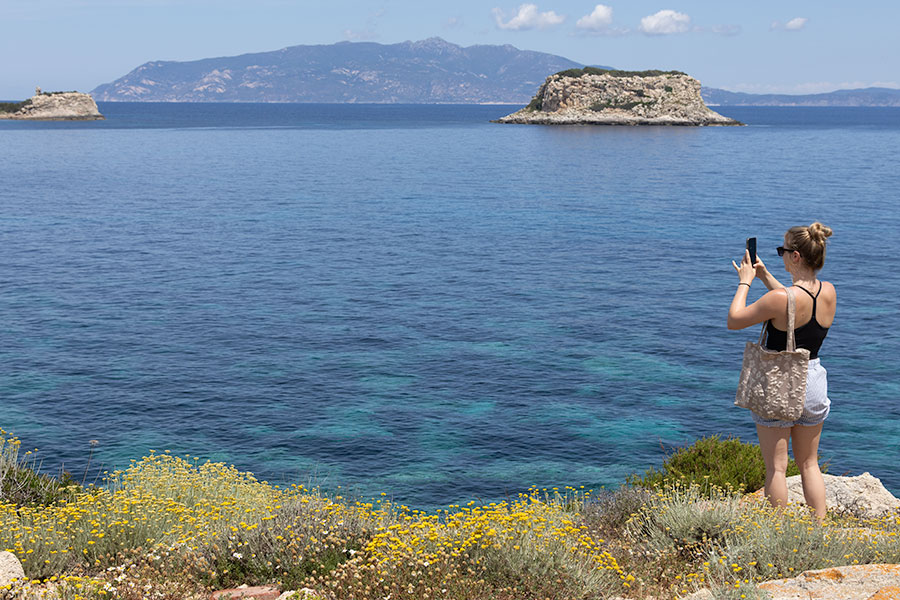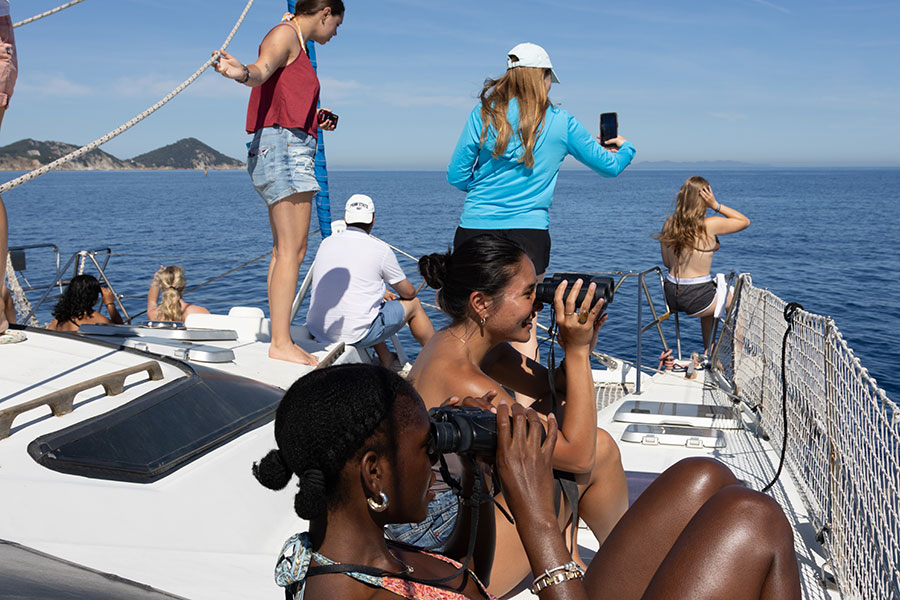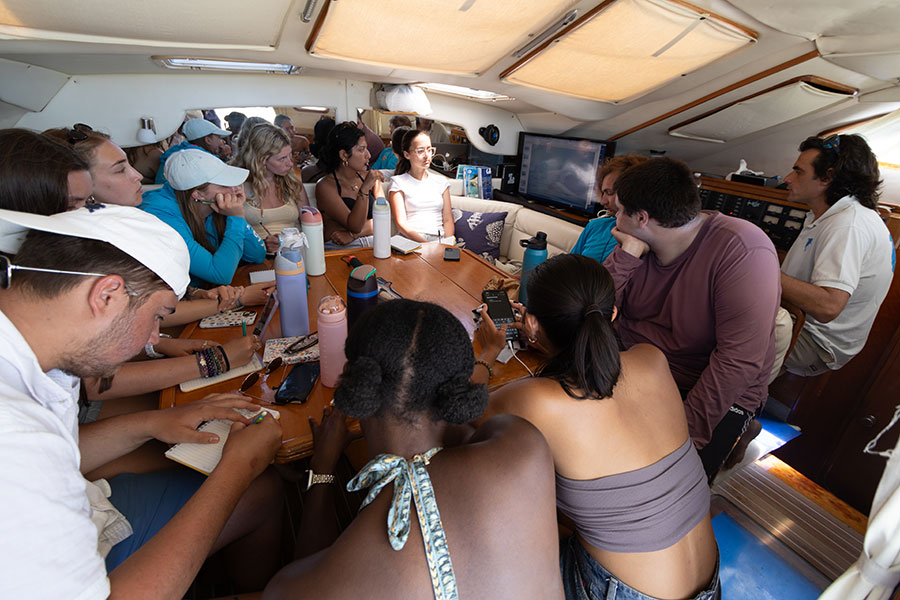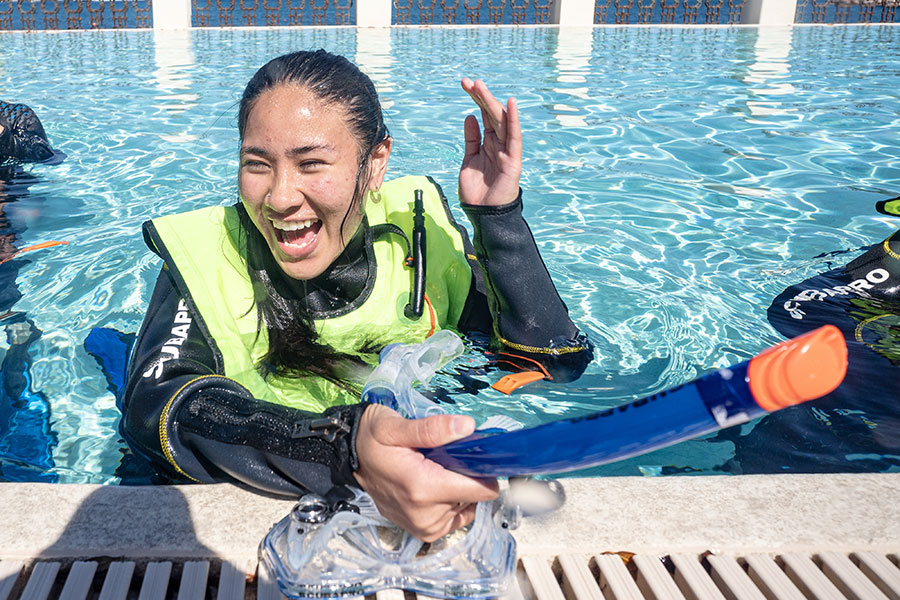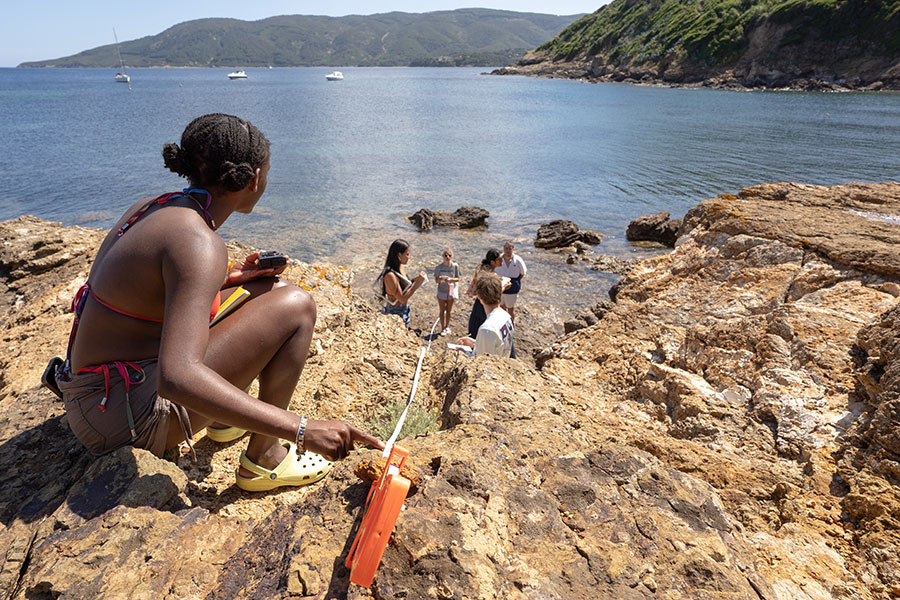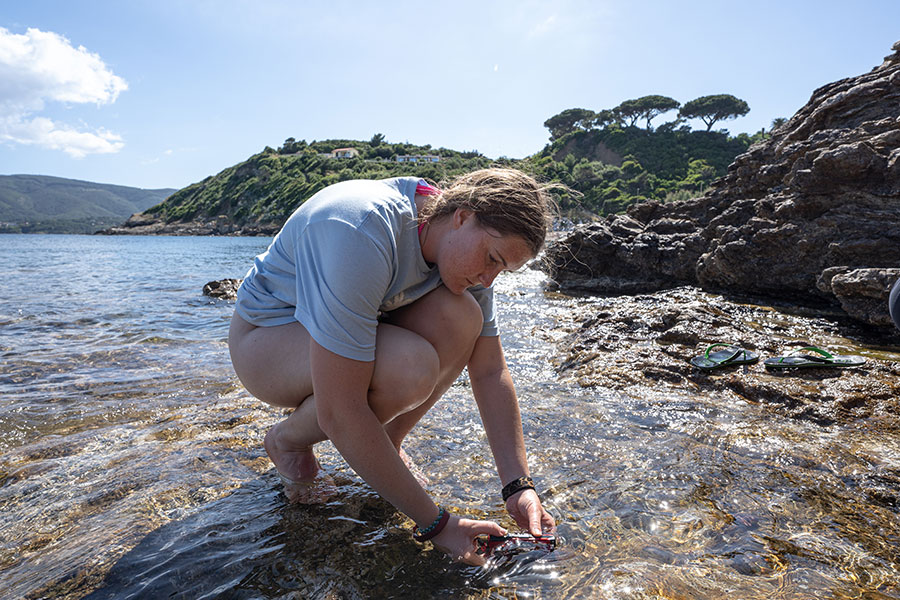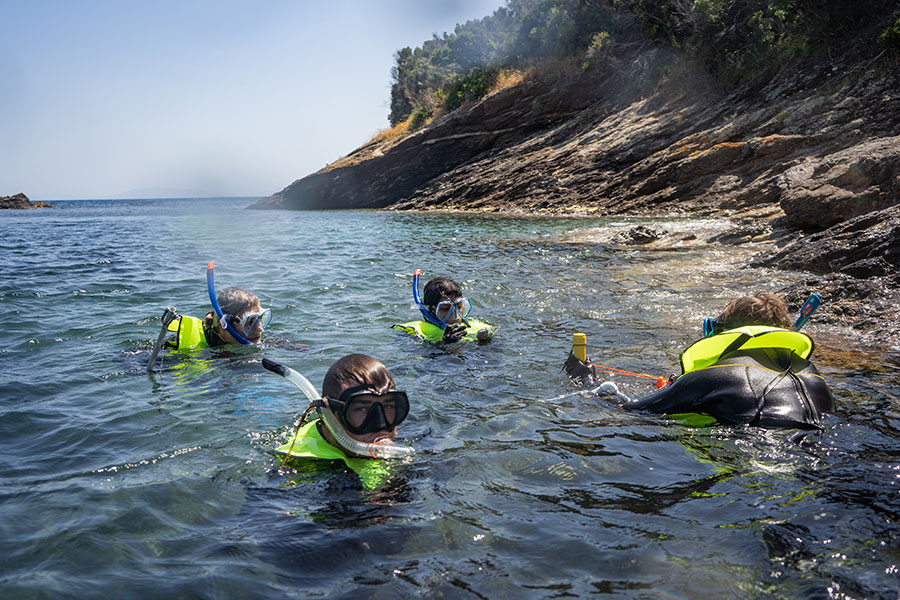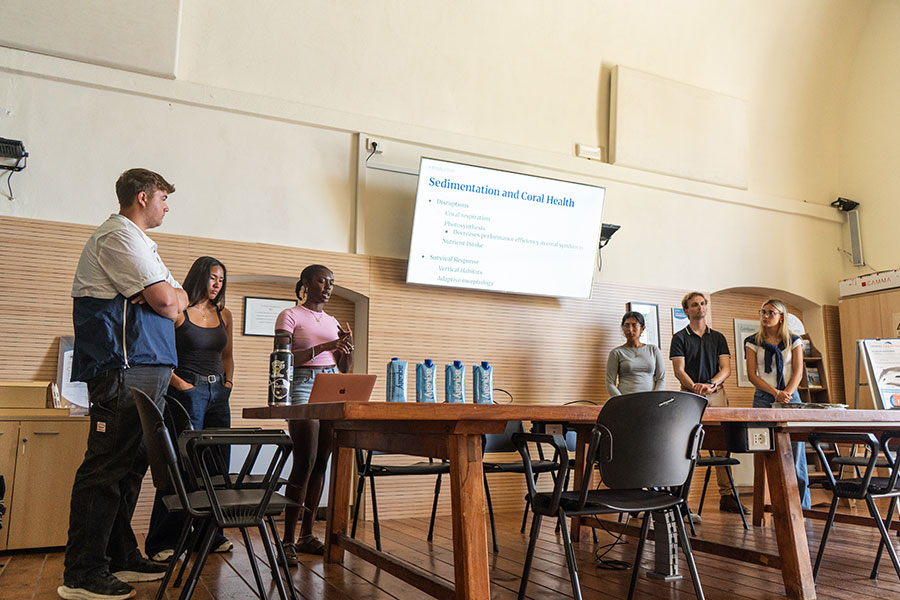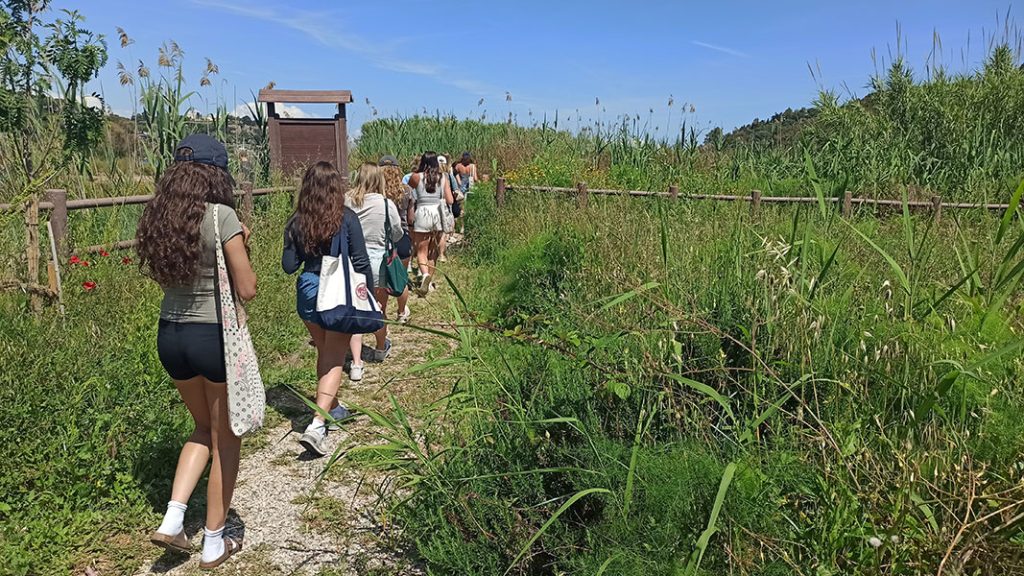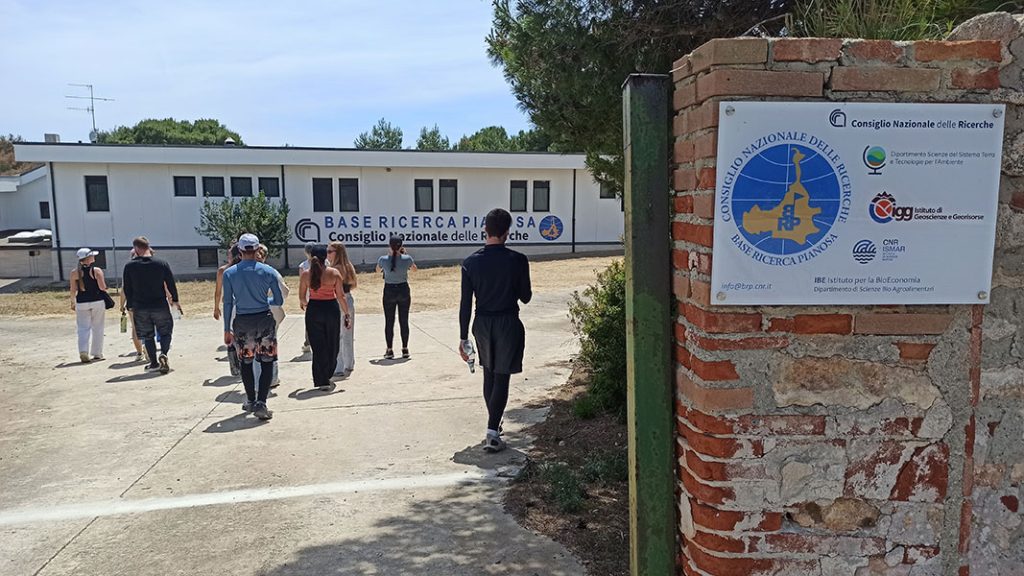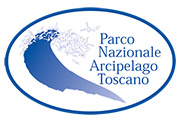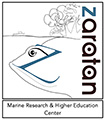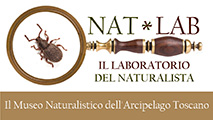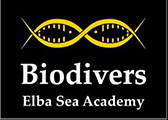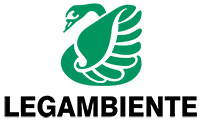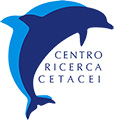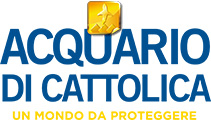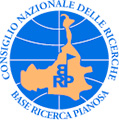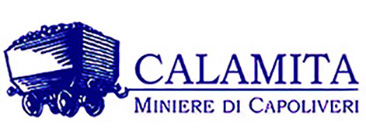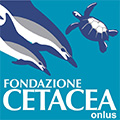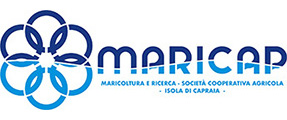Marine Studies
Florence | Elba
Fall Semester 2026
A Semester of Science, Research and Academic Excellence
This unique program offers students a semester of science, research, and discovery in Florence and the Mediterranean. Combining coursework in environmental marine biology, biostatistics, and scientific communication, this 15-credit program includes intensive fieldwork on Elba Island where students conduct hands-on marine research, collect and analyze data, and engage with leading experts in sustainability and ecology. Through snorkeling-based field assessments, visits to marine reserves and research centers, and real-world conservation projects, students gain pre-professional experience and technical proficiency while exploring the intersection of marine science, culture, and communication in one of Europe’s most biodiverse environments.
Interdisciplinary Marine Studies Program: where Marine Science meets Mediterranean discovery
This program offers an immersive and comprehensive pathway into marine science, blending academic rigor with dynamic field experiences and professional preparation that include:
The aim of the field-work components is:
Course Goals:
Program Philosophy
The Interdisciplinary Marine Studies program is grounded in the idea that scientific understanding grows through the integration of knowledge, experience, and curiosity. By combining biology, sustainability, data science, and communication, the course encourages students to view the marine environment as a connected system shaped by both natural and human forces.
Equally important is the belief that learning deepens through active engagement with real-world environments. Through fieldwork, research, and collaboration with experts, students explore the Mediterranean as a living laboratory while building adaptability, responsibility, and confidence as emerging scientists and environmental stewards.
Highlights of academic excellence and pre-professional experiences
Training in a swimming pool
Preliminary pool session to review general snorkeling techniques and learn specific methodologies for
marine data collection (scientific snorkeling).
Data collection in the field
Preliminary field assessment focusing substrate rougosity measurements, benthic composition analysis,
and coral size estimation.
Ginevro mine on Elba Island
Academic site visit to analyze the environmental impact of human activities on Elba Island and their effects on aquatic ecosystems.
Wetland visit & ecological assessment
A visit to the protected Mola wetland to assess the
arthropod community associated with tamarisk trees – an ecological edge between marine and terrestrial environments.
Cetaceans monitoring
Students observe dolphins using binoculars and cameras, and listen to their vocalizations via hydrophones.
The session includes an introduction to local species and monitoring techniques.
Visit to turtle rescue & beach clean-up
A visit to the Turtle Rescue Center in Riccione to learn about Mediterranean
sea turtles and the threats to their survival. They observe rehabilitation practices, including physiotherapy for injured turtles. Additionally,
students participate in a beach clean-up, collecting and cataloging litter.
Visit to the aquarium on Elba Island & Livorno
Lab activity at the Aquarium on Elba Island and in Livorno. The students identify the Mediterranean species,
observe their behavior and learn different methodologies to collect data on field.
Visit to Pianosa Island & CNR
Data collection activity within the Marine Protected Area of Pianosa and visit to the CNR (National Research Council) base. The head of the center presents the main research projects
carried out on the island, explaining their objectives, methods, and results.
NATLAB visit
In partnership with the World Biodiversity Association, students explore the entomological
collection of the Tuscan Archipelago, prepare specimens under the microscope, and handle live invertebrates.
The activity highlights island endemism resulting from geographic isolation provided by the sea.
Final symposium
Final presentation of the research projects conducted during the course at the PNAT conference center.
